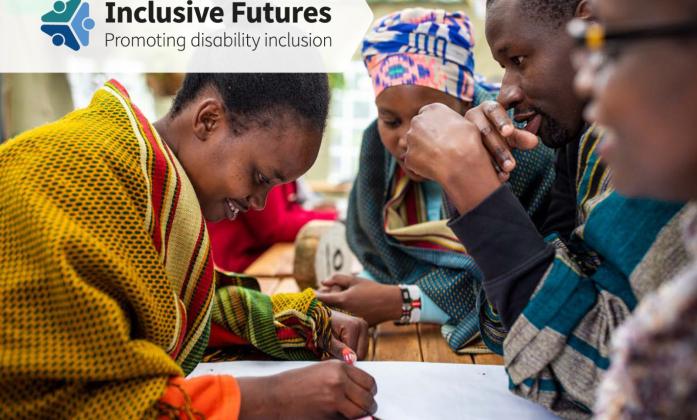IDA Technical Paper on implementing Article 27 of the CRPD
If placing individuals with disabilities into jobs does not create sustainable inclusive employment, what else should be done?
Over the past few decades, several international conventions have enshrined the right to work for persons with disabilities. Most recently, the UN Convention on the Rights of Persons with Disabilities (CRPD) under Article 27 explicitly lays down this right. However, despite significant focus and attention to inclusive employment, persons with disabilities continue to be disproportionately excluded from the labor market. Several approaches have been adopted to support persons with disabilities in accessing the formal labor market and waged employment. However, they have looked at employment of persons with disabilities through a narrow lens of placing people into jobs, without securing preconditions for inclusive employment such as inclusive workplace culture, provision of reasonable accommodation, and accessible transportation to work.
It was against this background that in 2018 the Inclusion Works program with 11 partner organisations, under the Inclusive Futures initiative was launched. This three-year program adopted a system strengthening approach that brings together the different parts of the labor market to collaborate more effectively in the longer term.
As a partner of this consortium, the role of the International Disability Alliance (IDA) was to frame practices in line with the standards set by the CRPD. This paper emerged from the need to formulate an understanding of CRPD-based inclusive employment and to answer the question, “How can persons with disabilities be included in/access formal waged employment in line with the UN Convention on the Rights of Persons with Disabilities (CRPD)? This paper is informed by the experiences of IDA and the OPD Engagement Officers in the Inclusion Works program, and also draws from the extensive range of primary and secondary data generated within the Inclusive Futures initiative, including from focus group discussions with organizations of persons with disabilities (OPDs) in Bangladesh, Kenya, Uganda and Nigeria, as well as key informant interviews conducted with Inclusion Works partners. In addition, the report and the recommendations were enriched by the case studies of the IDA Article 27 fellows and the Learning and Exchange Workshop on Access to Employment and Inclusive Programming in May 2022 in Nairobi, Kenya, jointly organized by IDA, Inclusive Futures consortium, the African Disability Forum and United Disabled Persons of Kenya.
The paper concludes that there is an urgent need to move the needle on inclusive employment from merely placing people into jobs to true inclusion. This will require system-level changes across all aspects of the labor market: laws and policies, skill building, recruitments, investing in an accessible workplace, creating support services that are critical for persons with disabilities to access the labor market, disability inclusion among employers, and more. Most importantly, it will require greater understanding of non-discrimination and unpacking of reasonable accommodation to address the requirements of a diversity of disability groups; and building strong relations between OPDs and employers and employer organisations. In particular, the paper emphasizes the critical role that OPDs can and must play across all levels programmes and policies on inclusive employment, without having their space limited only to being consulted for outreach to jobseekers with disabilities, and advocacy and communication interventions.

